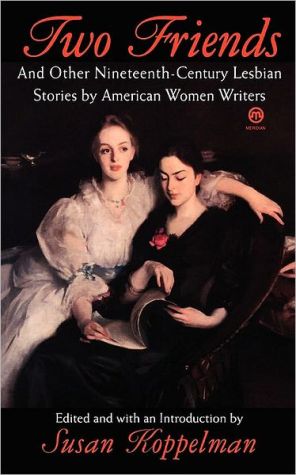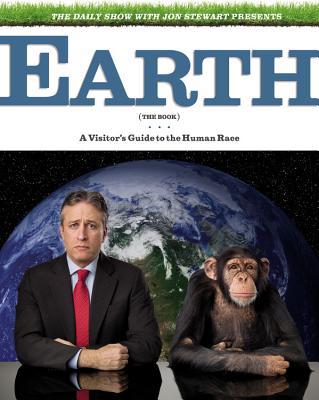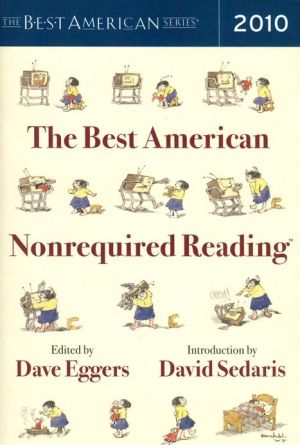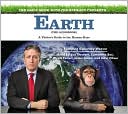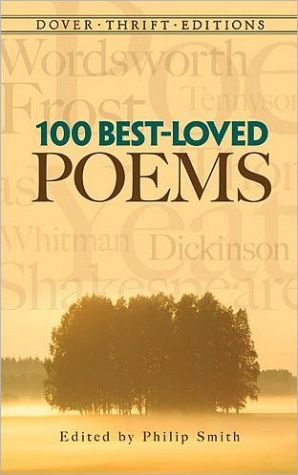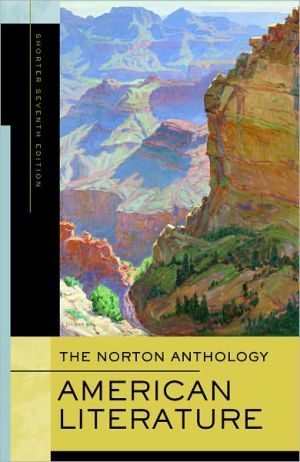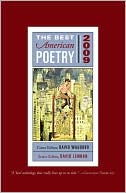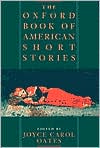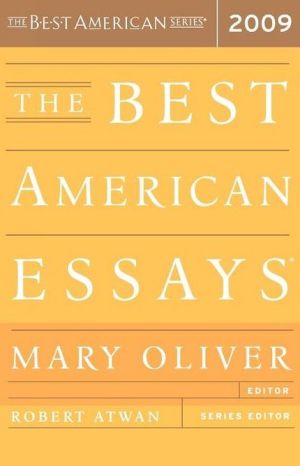Two Friends And Other 19th-Century American Lesbian Stories
Search in google:
Comprising eleven short stories by such 19th-century American writers as Sarah Orne Jewett, Kate Chopin, and Mary E. Wilkins, this breakthrough anthology celebrates a rich ...Publishers WeeklyWhat is a lesbian story? The question is not academic; criticism of the traditional literary canon includes the charge that contemporary readers ascribe their own views to texts from other times and cultures. Koppelman, who has edited two other anthologies of short stories, acknowledges the problem, and instead of attempting to prove that these stories are lesbian, relies more heavily on the ``feel'' of stories that range from the explicit to inferentially lesbian. In her preface she notes, ``I recognize these stories as stories about women loving women in the variety of romantic ways that we wouldn't even have to struggle to define if we were talking about men and women loving each other.'' Koppelman provides the historical and literary context for 11 stories by Constance Fenimore Woolson, Octave Thanet, Mary E. Wilkins, Kate Chopin and Sarah Orne Jewett that were originally published in periodicals of their time. Entertaining in their own right, the works (largely mysteries, riddles or ghost stories) also disprove any continued skepticism about the quality of works by women or about women's relationships of this period. (Sept.)
Preface1Acknowledgments5Introduction9My Visitation21Since I Died43Felipa53My Lorelei: A Heidelberg Romance - From the Diary of Mrs. Louis Danton Lynde77Miss Grief99Two Friends124The Long Arm140The Falling in Love of Fedora: A Sketch174There and Here181Martha's Lady198Max - Or His Picture220A Note on the Text241
\ Publishers Weekly - Publisher's Weekly\ What is a lesbian story? The question is not academic; criticism of the traditional literary canon includes the charge that contemporary readers ascribe their own views to texts from other times and cultures. Koppelman, who has edited two other anthologies of short stories, acknowledges the problem, and instead of attempting to prove that these stories are lesbian, relies more heavily on the ``feel'' of stories that range from the explicit to inferentially lesbian. In her preface she notes, ``I recognize these stories as stories about women loving women in the variety of romantic ways that we wouldn't even have to struggle to define if we were talking about men and women loving each other.'' Koppelman provides the historical and literary context for 11 stories by Constance Fenimore Woolson, Octave Thanet, Mary E. Wilkins, Kate Chopin and Sarah Orne Jewett that were originally published in periodicals of their time. Entertaining in their own right, the works (largely mysteries, riddles or ghost stories) also disprove any continued skepticism about the quality of works by women or about women's relationships of this period. (Sept.)\ \ \ \ \ Library JournalThis collection describes romantic attachments between women. The subject would not be extraordinary had the stories not been written in the late 19th century by some of the most respected American authors, including Mary Wilkins Freeman, Elizabeth Stuart Phelps, and Sarah Orne Jewett. Lesbian love was not a conventional theme of 19th-century American literature and had to be muted in these stories. Thus, Phelps writes about a woman torn between being fulfilled in the spiritual realm after she leaves her body and being separated from her one true love, the woman mourning beside her casket, in "Since I Died." Writer/historian Koppelman (May Your Days Be Merry and Bright, NAL/Dial, 1991) carefully documents the professional and personal lives of these authors to put their work in literary and historical perspective. Most important, she decodes elements and symbols in the stories that were popular in the 19th century but might be unfamiliar to contemporary readers. This exceedingly important contribution to the study of women's history and lesbian literature in America is highly recommended for academic and large public libraries.-Lisa Nussbaum, Euclid P.L., Ohio\ \
